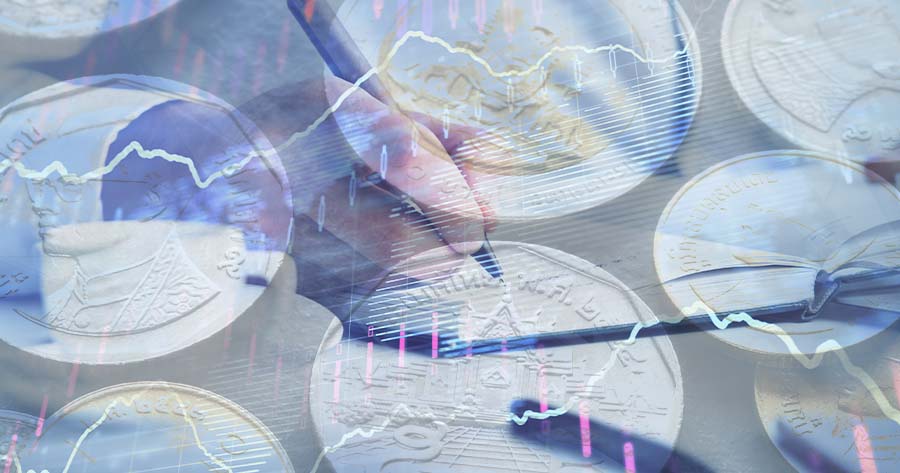The Thai government approved Tuesday to raise the minimum wage by 5%-8% beginning October 1, the first hike since January 2020, in an effort to help workers cope with inflation that stays at a 14-year high.
According to acting government spokeswoman Anucha Burapachaisri, following the adjustment, the minimum wage will be split into nine groups of provinces, with each group’s income ranging from 328 baht (about $9.05) to 354 baht ($9.77) per day.
With inflation and the global economy in a precarious state, Labor Minister Suchart Chomklin told the Associated Press that it was time to increase the minimum wage for the first time in two years.
KGI Securities (Thailand) keeps its Overweight rating on the commerce sector as it expects investor sentiment to improve in light of a minimum wage hike and an upward revision to tourist arrival outlook. KGI named CPALL as its Top Pick.
Though CPALL is expected to face the most negative impact from rising wages, it would also benefit from greater domestic purchasing power and the return of tourists. KGI maintains a rating of Outperform on CPALL with an end-2022 target price of THB74.00 based on PER 35.0x (+1.0 S.D. historical average between Siam Makro (MAKRO) and CPALL).
The re-opening of the country and return of tourists should benefit consumption in 2023 with better GDP growth, increase in tourist numbers, and employment. Under KGI’s best case scenario of 28 million tourist arrivals in 2023 (from current assumption at 25 million people), KGI expects spending of around THB31.5 billion to be injected into the system in 2023.





